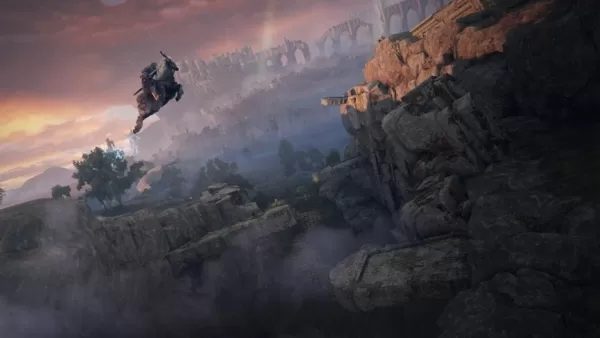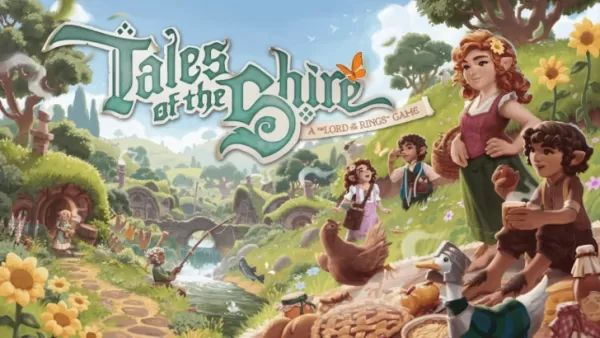Open-world games were once defined by endless checklists. Maps cluttered with markers, mini-maps dictating every move, and objectives that felt less like adventures and more like chores. The formula was predictable—and frankly, exhausting.
Then came Elden Ring. FromSoftware shattered the mold, abandoned hand-holding, and redefined what an open world could be: a vast, uncharted realm where freedom isn’t just promised—it’s earned.
We’ve partnered with our friends at Eneba to explore how Elden Ring revolutionized the genre—and why it continues to set the standard.
A World That Respects Your Curiosity
Most open-world games shout at you. Pop-ups, quest markers, and constant prompts demand your attention, turning exploration into a series of guided tasks. Elden Ring does the opposite—it stays silent.
No flashing icons. No nagging notifications. Just a sprawling, enigmatic landscape that trusts you to explore on your own terms. If a distant tower catches your eye, go. There’s no arrow telling you it’s important—only your instinct. You might uncover a hidden dungeon, a legendary weapon, or a boss that will obliterate you in seconds. But the choice is yours.
And crucially, there’s no level scaling. The world doesn’t bend to you—you must adapt to it. Encounter an area too dangerous? Retreat, grow stronger, and return. Or don’t. Nothing stops you from charging into a dragon’s lair at level five with a rusted dagger. Just don’t expect to survive.
The Lands Between are always waiting. And with Elden Ring Steam keys available at unbeatable prices on Eneba, there’s never been a better time to step into this world.
Exploration That Feels Like Real Discovery
In most open-world titles, exploration is a chore—racing from one marker to the next, clearing icons like a to-do list. Elden Ring turns that on its head.
There’s no quest log spelling out your next move. NPCs speak in cryptic lore, landmarks loom without explanation, and the game refuses to hold your hand. At first, it might feel disorienting. But soon, that uncertainty becomes exhilarating.
Every cave, ruin, and castle you find feels like your discovery—not because a map told you to go there, but because you followed a hunch, a view, or a whisper of wind. And the rewards? They matter. A hidden passage might yield a weapon that reshapes your build, or a spell that calls down a meteor from the sky.
This isn’t random loot—it’s meaningful progression earned through curiosity.

The Thrill of Getting Lost—and Living to Tell the Tale
In most games, getting lost is a design flaw. In Elden Ring, it’s part of the journey.
Take a wrong turn and you might stumble into a poisoned swamp. Mistake a quiet grove for safety, only to be ambushed by horrors beyond reason. These moments don’t feel like setbacks—they make the world feel real, dangerous, and alive.
The game doesn’t guide you with UI, but it does leave clues. A statue’s gaze might hint at a buried treasure. A mad hermit could mutter about a forgotten boss. Pay attention, and the world speaks—quietly, subtly, but clearly enough for those who listen.
Has the Open-World Genre Changed Forever?
After Elden Ring, the old way feels outdated. FromSoftware proved that players don’t need constant direction to stay engaged. What we crave is mystery, challenge, and the unmatched satisfaction of discovery.
The bar has been raised. The question is: who will rise to meet it?
If you’re ready to explore a world that demands courage, curiosity, and resilience, [ttpp] digital marketplaces like Eneba offer incredible deals on Elden Ring and other essential titles. Your next great adventure is just a click away.















